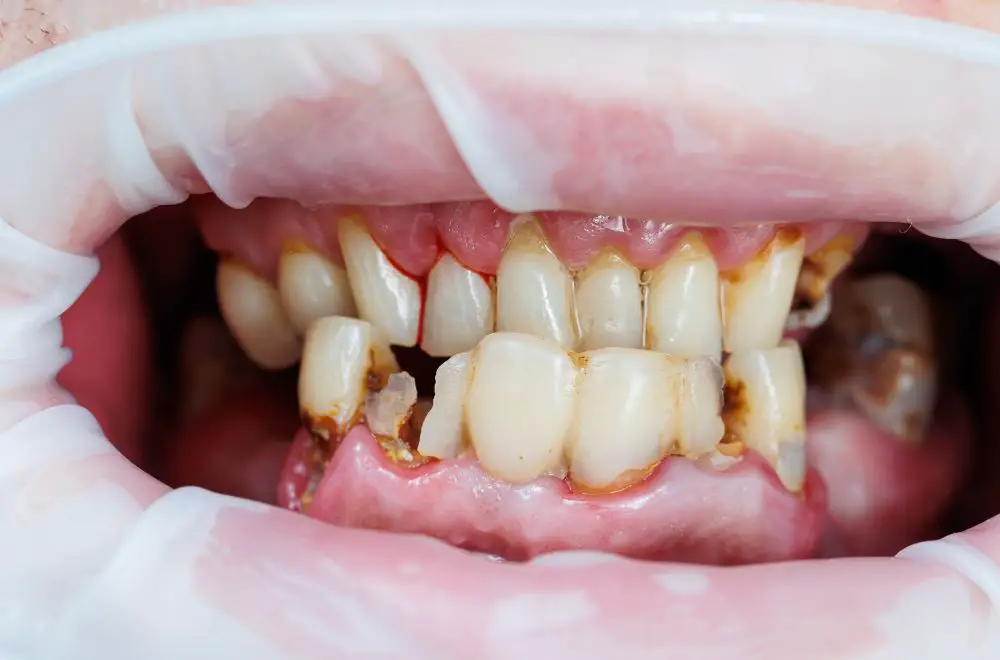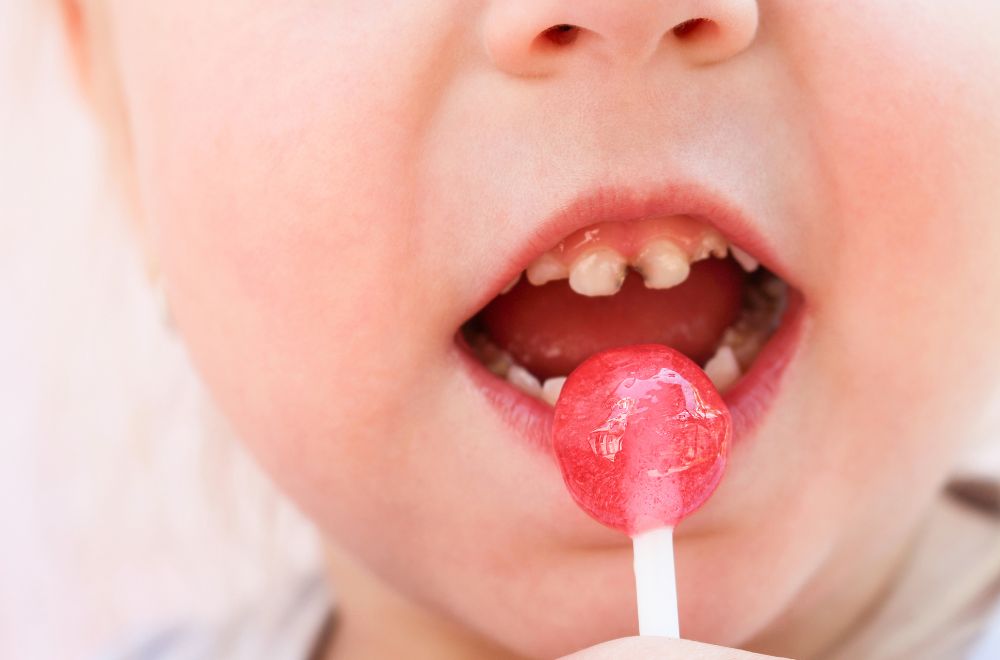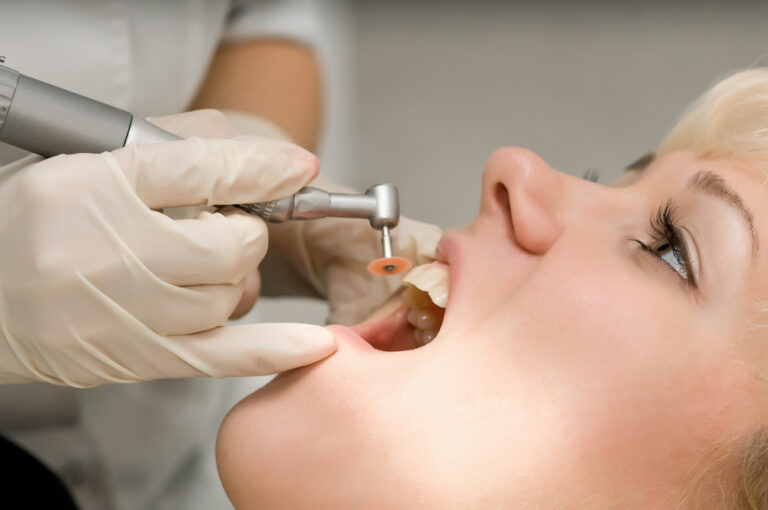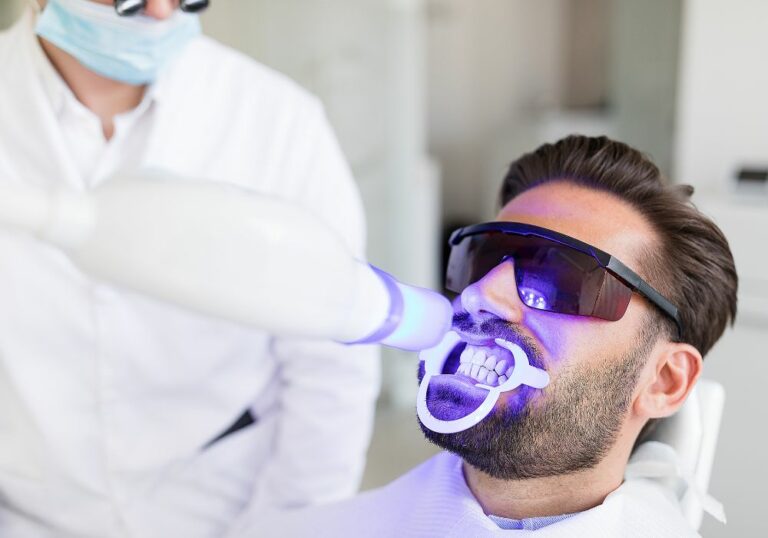It can be frustrating to take good care of your teeth and still experience decay. Tooth decay occurs when bacteria in your mouth produce acid that erodes the protective layer of your teeth, causing cavities and other dental problems. While good oral hygiene habits can help prevent decay, there are many factors that can contribute to tooth decay despite your best efforts.
Understanding the causes of tooth decay can help you take steps to prevent it. Some common causes include consuming sugary or acidic foods and drinks, not brushing and flossing regularly, and having dry mouth. Additionally, genetics, age, and certain medical conditions can increase your risk of tooth decay. Even if you take good care of your teeth, these factors can make it difficult to prevent decay.
Despite the challenges, there are many ways to prevent tooth decay and maintain good oral health. In addition to brushing and flossing regularly, you can reduce your risk of decay by eating a healthy diet, using fluoride toothpaste, and avoiding tobacco products. If you do experience tooth decay, it’s important to seek professional dental care to prevent further damage and maintain the health of your teeth.
Key Takeaways
- Tooth decay can occur despite good oral hygiene habits due to factors such as diet, genetics, and medical conditions.
- Preventing tooth decay involves a combination of good oral hygiene practices and lifestyle choices such as eating a healthy diet and avoiding tobacco.
- Seeking professional dental care is important for preventing further damage and maintaining the health of your teeth.
Understanding Tooth Decay

Tooth decay is a common dental problem that affects people of all ages. It occurs when the bacteria in your mouth produce acids that attack the enamel, which is the hard outer layer of your teeth. Over time, the acid can create a hole, or cavity, in the tooth.
Tooth decay can be caused by a variety of factors, including poor oral hygiene, a diet high in sugar and carbohydrates, dry mouth, and certain medications. It can also be influenced by genetics, as some people may be more prone to tooth decay than others.
The process of tooth decay typically occurs in five stages:
- Demineralization: This is the initial stage of tooth decay, where the enamel begins to weaken due to the presence of plaque.
- Enamel Decay: In this stage, the enamel starts to break down, and a cavity may begin to form.
- Dentin Decay: If the decay progresses, it can reach the dentin, which is the softer layer of the tooth beneath the enamel.
- Pulp Infection: If the decay reaches the pulp, which is the innermost part of the tooth, it can cause an infection.
- Abscess: In the final stage, the infection can spread to the surrounding tissues, leading to an abscess.
Tooth decay can be prevented by practicing good oral hygiene, such as brushing and flossing regularly, avoiding sugary and acidic foods and drinks, and visiting the dentist for regular check-ups and cleanings. If you do develop a cavity, it is important to get it treated promptly to prevent further damage to the tooth.
Common Causes of Tooth Decay

Tooth decay is a common problem that affects people of all ages. Despite taking care of your teeth, you may still experience tooth decay. Here are some common causes of tooth decay that you should be aware of:
Poor Oral Hygiene
Not brushing your teeth regularly can cause plaque buildup, which leads to tooth decay. Plaque is a sticky film of bacteria that forms on your teeth and gums. If you don’t brush your teeth, the bacteria in plaque will produce acids that can eat away at your tooth enamel.
Diet High in Sugars and Starches
Eating a diet that is high in sugars and starches can also lead to tooth decay. Sugars and starches are the primary food sources for the bacteria in your mouth. When you eat sugary or starchy foods, the bacteria in your mouth produce acids that can eat away at your tooth enamel.
Frequent Snacking
Frequent snacking can also increase your risk of tooth decay. Every time you eat, the bacteria in your mouth produce acids that can eat away at your tooth enamel. If you snack frequently throughout the day, your teeth are constantly under attack from these acids.
Smoking and Alcohol Use
Smoking and alcohol use can also contribute to tooth decay. Smoking can stain your teeth and increase your risk of gum disease, which can lead to tooth loss. Alcohol can cause dehydration, which can reduce the amount of saliva in your mouth. Saliva helps to wash away food particles and neutralize the acids produced by bacteria in your mouth.
By understanding these common causes of tooth decay, you can take steps to prevent it from happening. Brush your teeth regularly, eat a healthy diet, limit your snacking, and avoid smoking and excessive alcohol consumption.
How Taking Care of Your Teeth Might Not Be Enough

While taking care of your teeth is crucial, it might not always be enough to prevent tooth decay. There are several factors that can contribute to tooth decay, some of which are beyond your control.
Genetic Factors
Some people are more susceptible to tooth decay due to their genetic makeup. Certain genes can make it harder for your body to fight off harmful bacteria in your mouth, increasing your risk of cavities and tooth decay.
Aging
As you age, your teeth become more vulnerable to decay. The enamel that protects your teeth can wear down over time, making it easier for bacteria to penetrate and cause decay. Additionally, older adults may have more difficulty brushing and flossing properly, which can contribute to tooth decay.
Certain Medical Conditions
Certain medical conditions can also increase your risk of tooth decay. For example, people with dry mouth (xerostomia) may not produce enough saliva to wash away food particles and bacteria, leading to decay. Additionally, people with diabetes are more prone to gum disease, which can lead to tooth loss.
While taking care of your teeth is important, it’s also important to be aware of these other factors that can contribute to tooth decay. If you’re at a higher risk, talk to your dentist about additional steps you can take to protect your teeth.
Preventing Tooth Decay Despite Challenges

Regular Dental Check-Ups
Regular dental check-ups are essential for preventing tooth decay. Even if you take good care of your teeth, there may be hidden problems that only a dentist can detect. Dentists can identify early signs of decay and provide treatment before the problem becomes more severe. It is recommended to visit the dentist every six months for a routine check-up and cleaning.
Healthy Diet Choices
Your diet plays a significant role in your oral health. Sugary and acidic foods and drinks can cause tooth decay. It is best to limit your intake of sugary and acidic foods and drinks and opt for healthier alternatives like fruits, vegetables, and water. If you do consume sugary or acidic foods, try to rinse your mouth with water afterward and wait at least 30 minutes before brushing your teeth.
Proper Brushing and Flossing Techniques
Brushing and flossing are critical for maintaining good oral health. Brush your teeth twice a day for two minutes each time with a fluoride toothpaste. Make sure to brush all surfaces of your teeth, including the front, back, and chewing surfaces. Floss at least once a day to remove plaque and food particles from between your teeth and under your gumline.
In conclusion, preventing tooth decay requires a combination of regular dental check-ups, healthy diet choices, and proper brushing and flossing techniques. By following these guidelines, you can maintain good oral health and prevent tooth decay.
When to Seek Professional Help

While taking care of your teeth at home is important, sometimes it’s not enough to prevent tooth decay. Here are some signs that it’s time to seek professional help from a dentist:
- Tooth pain: If you have persistent tooth pain, it’s important to see a dentist as soon as possible. Pain can be a sign of a cavity or other dental problem that requires treatment.
- Sensitivity: If your teeth are sensitive to hot or cold temperatures, it could be a sign of tooth decay or gum disease. A dentist can help diagnose the problem and recommend treatment.
- Bad breath: Chronic bad breath can be a sign of gum disease or other dental problems. A dentist can help identify the cause of your bad breath and recommend treatment.
- Bleeding gums: If your gums bleed when you brush or floss, it could be a sign of gum disease. A dentist can help diagnose the problem and recommend treatment.
- Loose teeth: If your teeth feel loose or are shifting in your mouth, it could be a sign of advanced gum disease or other dental problems. A dentist can help diagnose the problem and recommend treatment.
Remember, regular dental check-ups are important for maintaining good oral health. Even if you’re not experiencing any dental problems, it’s a good idea to see a dentist every six months for a check-up and cleaning.
Frequently Asked Questions
What are the main causes of tooth decay?
Tooth decay is caused by a combination of factors, including bacteria in your mouth, frequent snacking, sipping sugary drinks, and not cleaning your teeth well. When you eat sugary or starchy foods, the bacteria in your mouth produce acid, which can eat away at the outer layer of your teeth, called enamel.
How can I prevent tooth decay?
To prevent tooth decay, it’s important to brush your teeth twice a day and floss daily. You should also avoid sugary and starchy foods and drinks, and limit snacking between meals. Regular dental checkups and cleanings can also help prevent tooth decay.
What are some common reasons for getting cavities?
Some common reasons for getting cavities include poor oral hygiene, a diet high in sugary or starchy foods and drinks, dry mouth, and certain medical conditions or medications that can affect the health of your teeth.
What can I do if I have a lot of cavities?
If you have a lot of cavities, you may need to have them filled by a dentist. Your dentist may also recommend other treatments, such as fluoride treatments or dental sealants, to help prevent future cavities.
What are some signs that my teeth may be decaying?
Some signs that your teeth may be decaying include tooth pain or sensitivity, visible holes or pits in your teeth, and discoloration or dark spots on your teeth.
What are some ways to slow down tooth decay?
To slow down tooth decay, it’s important to maintain good oral hygiene habits, such as brushing and flossing regularly. You should also limit sugary and starchy foods and drinks, and avoid snacking between meals. Regular dental checkups and cleanings can also help identify and treat tooth decay early on.







